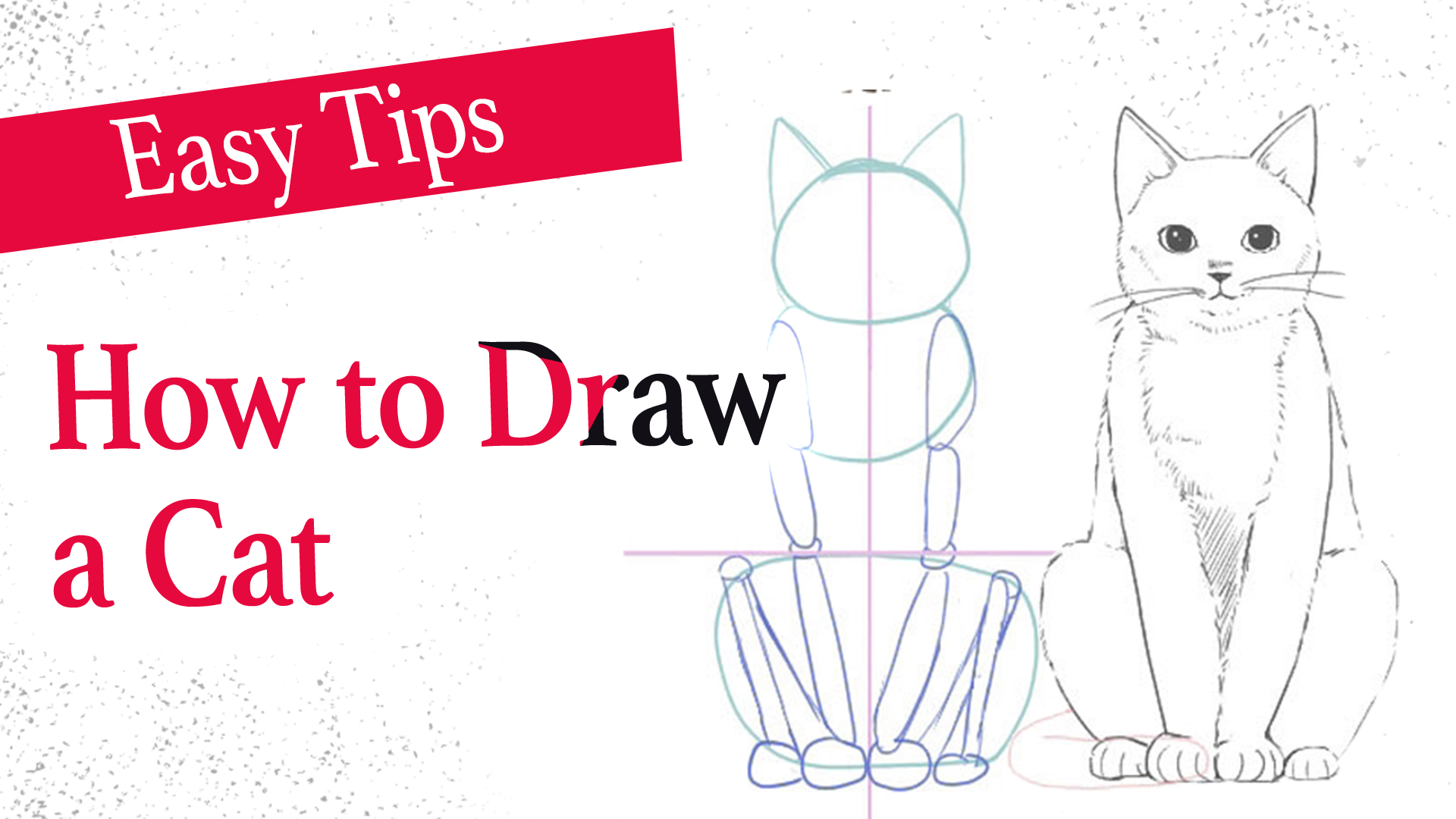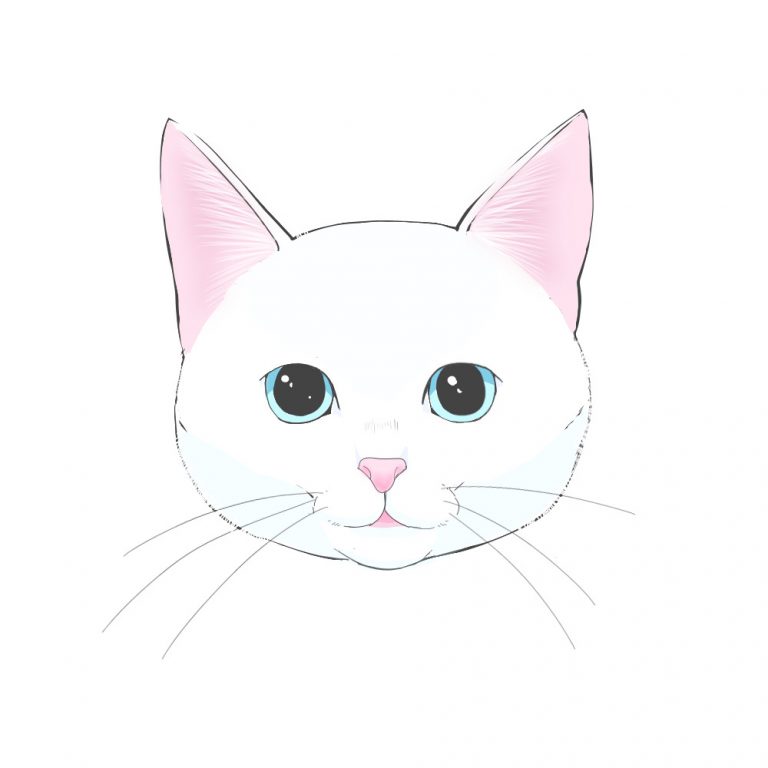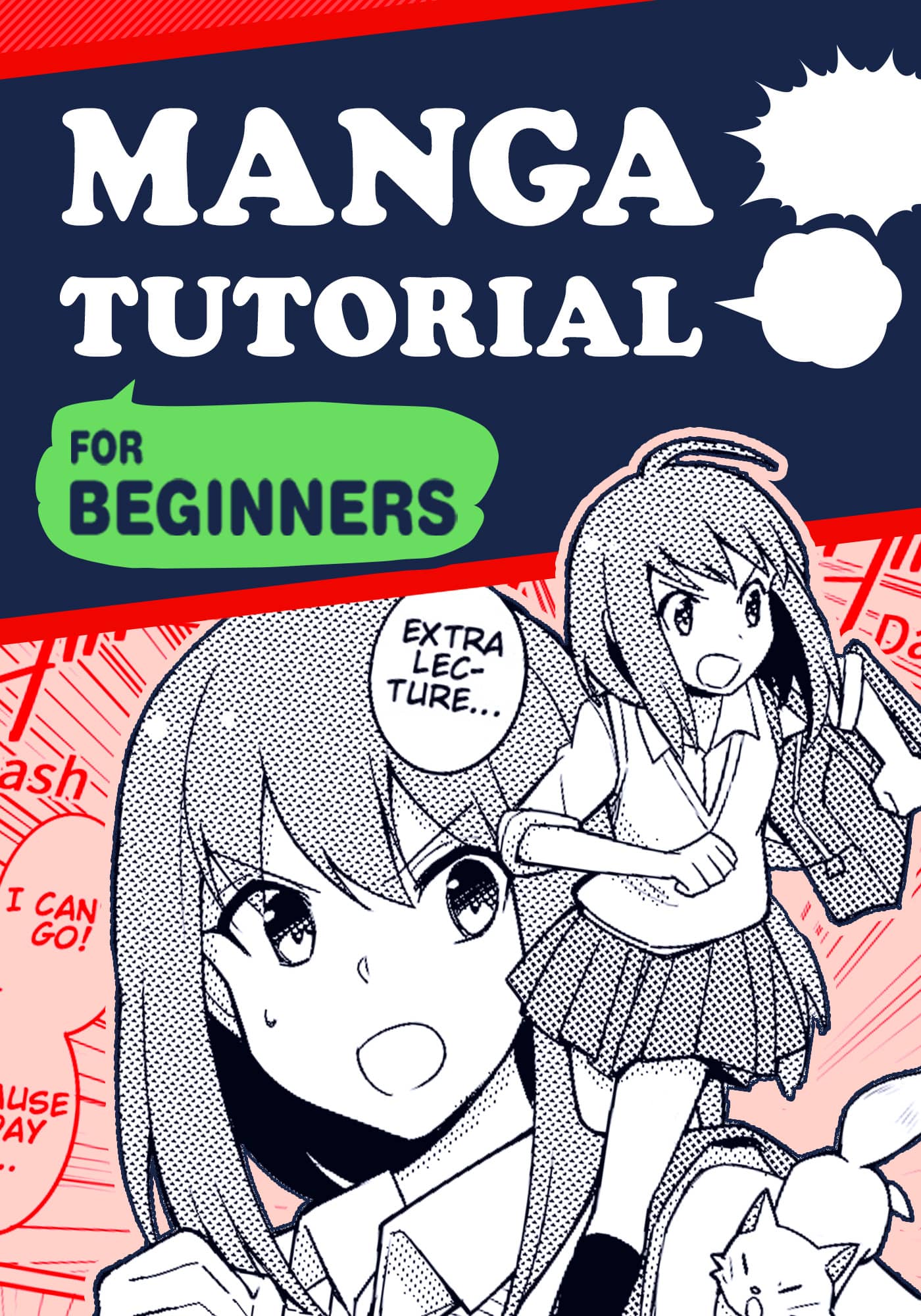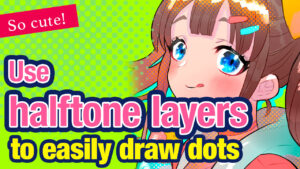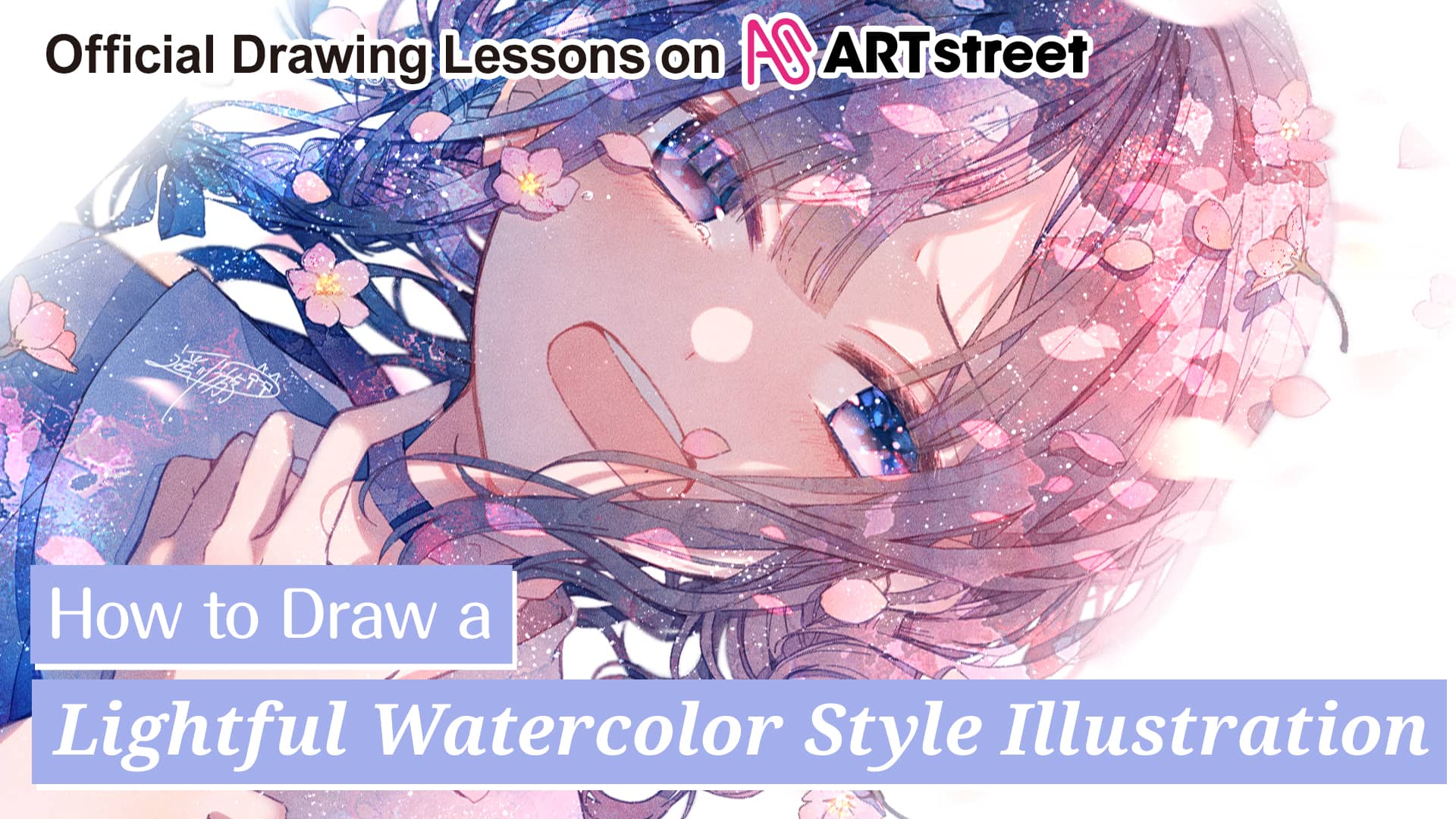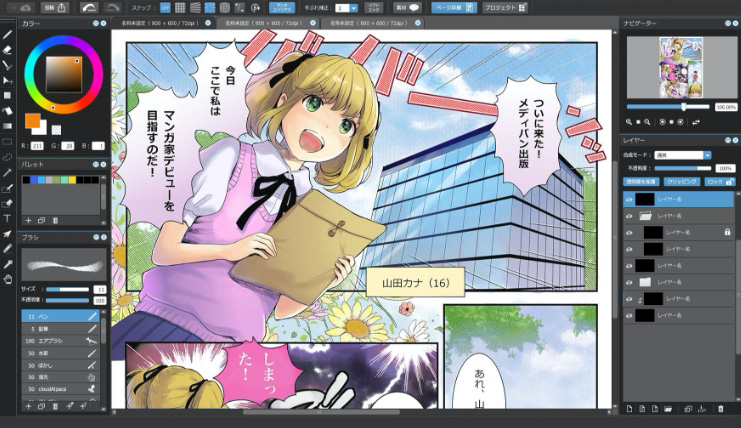2020.08.14
How to draw dogs and cats: How to draw dogs and cats in moving poses.

When you draw dogs and cats, you may want to draw them in poses such as sitting, sleeping or sitting still, as well as running or jumping.
So, here I will explain how to draw dogs and cats in moving poses.
I’ll show you how to draw dogs and cats in moving poses.
If you want to know how to draw a basic face and body first, please refer to this article.
How to draw a cat (1) How to draw a basic face
How to draw a cat (2) How to draw a body and pose it
How to draw a dog (1) How to draw a basic face
How to draw a dog (2) How to draw the body and pose
1. I want to draw a pose with movement
When drawing a pose with movement, you want to be especially aware of the skeleton and muscles.
When you know the skeleton and then look at a picture of a dog or cat, you will be able to see which joints move and how the other bones work together when you move your body in a big way.
 .
.
Muscles stretch and contract greatly when you move your body.
Therefore, drawing with muscles in mind can make your illustrations more dynamic.
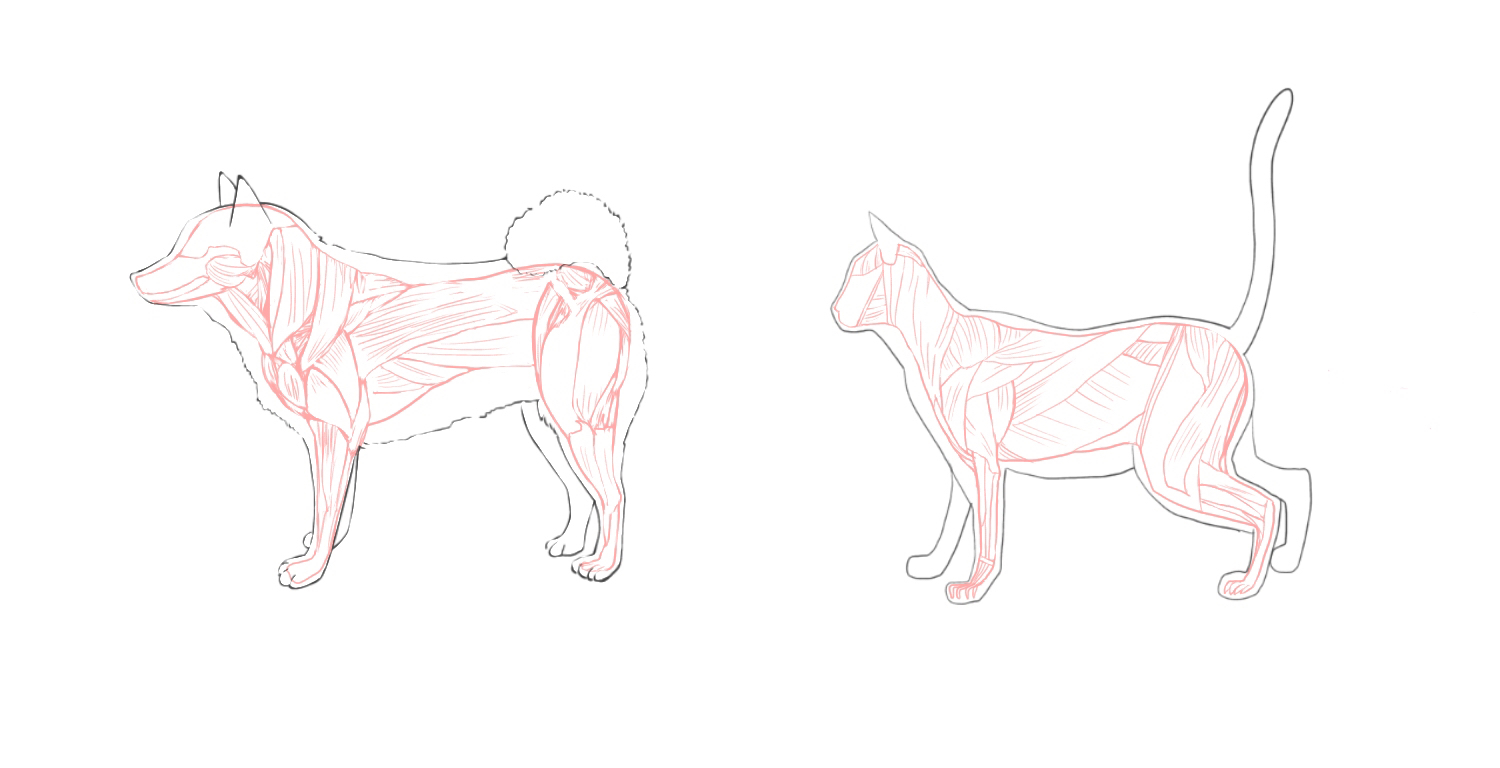 .
.
However, the muscles will only be visible in types with short hair and not much fat, such as Dobermans, Great Danes and Miniature Pinschers.
The plump or long haired types should be drawn with less concern, as the muscles are hidden by the fat and hair, so don’t worry about it.
2. Actually drawing
Now, let’s actually draw a pose with movement, with the skeleton and muscles in mind.
When actually drawing, it may be easier to understand if you draw the skeleton briefly during the positioning phase.
◆ Walking
A dog or cat “walking” is probably the most common pose you’ll see on the street.
To make it look cute, you can deform it and draw it in any shape you want, but knowing how the paws are actually held out will help you draw a pose that is more natural and true to it.
The basic way cats walk is a “side-to-side” walk, where the “right front paw, right hind paw” and “left front paw, left hind paw” each move at the same time. (The timing of the landing is slightly different for the front and back.)
(The timing of their landing is a little different.) It’s a little unnatural for humans, but it’s a standard way for cats to walk.

In contrast, the basic walking style for dogs is “parallel pacing,” in which they move their feet forward in the order of “right hind foot, then right front foot, then left hind foot, then left front foot.
For this reason, it is better to make the feet move apart, not in a “side-to-side” manner like a cat, to give a more natural look to the picture.

◆Jogging
When you are running lightly, like jogging in humans.
In such cases, both cats and dogs run in a way where the “right front and left hind feet” and the “left front and right hind feet” move almost simultaneously. (The timing of the landing is different.)
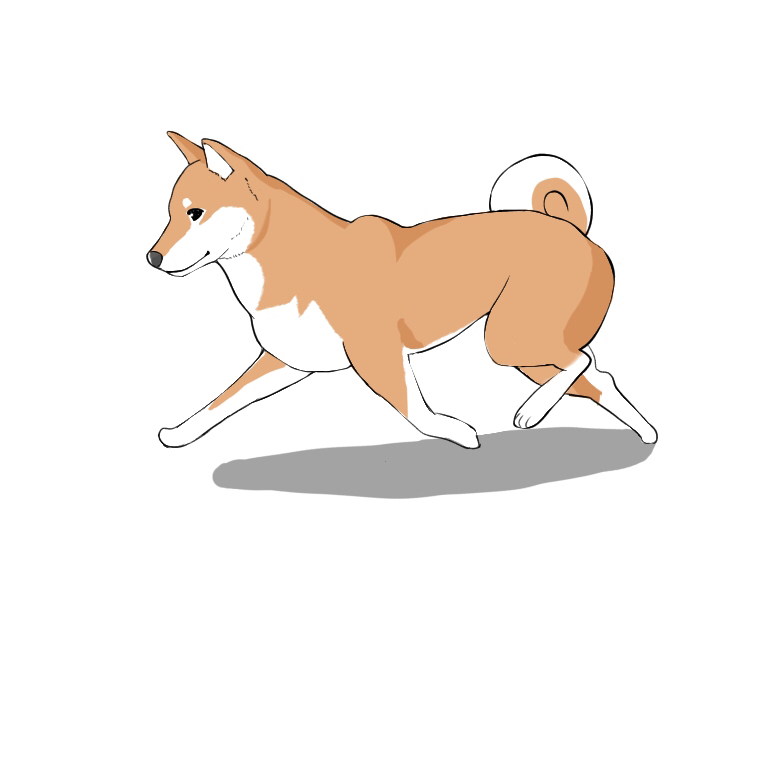 .
.
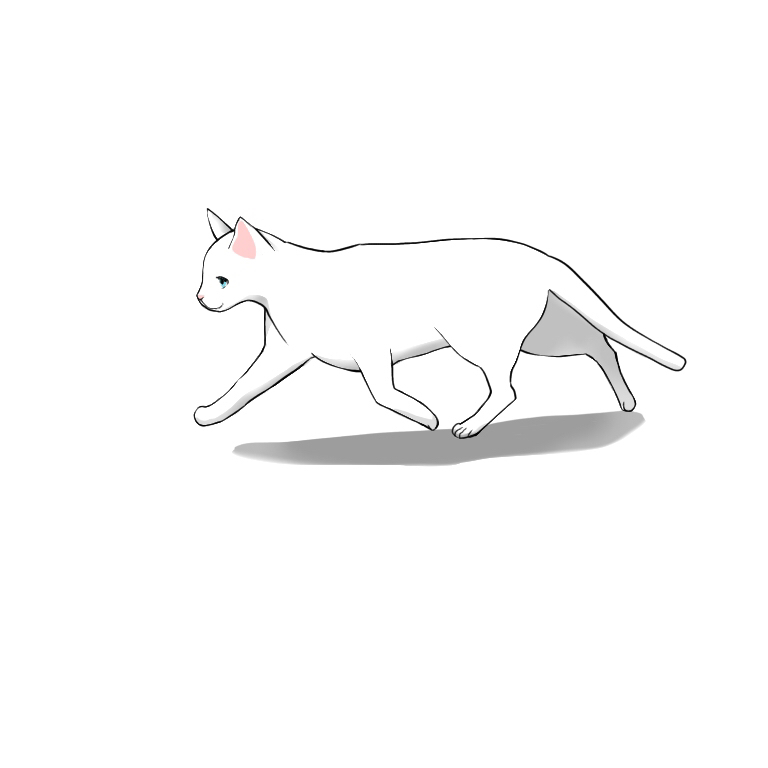 .
.
Draw an image of him running with his feet forward, bouncing a little rhythmically, with his feet farther apart than when he is walking slowly.
◆ Running vigorously
When you run like you’re flying, you’re basically running with your front and back legs aligned with each other.
If you draw both feet outstretched, you’ll get an image of stretchiness.
On the other hand, if you draw both feet facing inward, you’ll get a more sprinting feel.

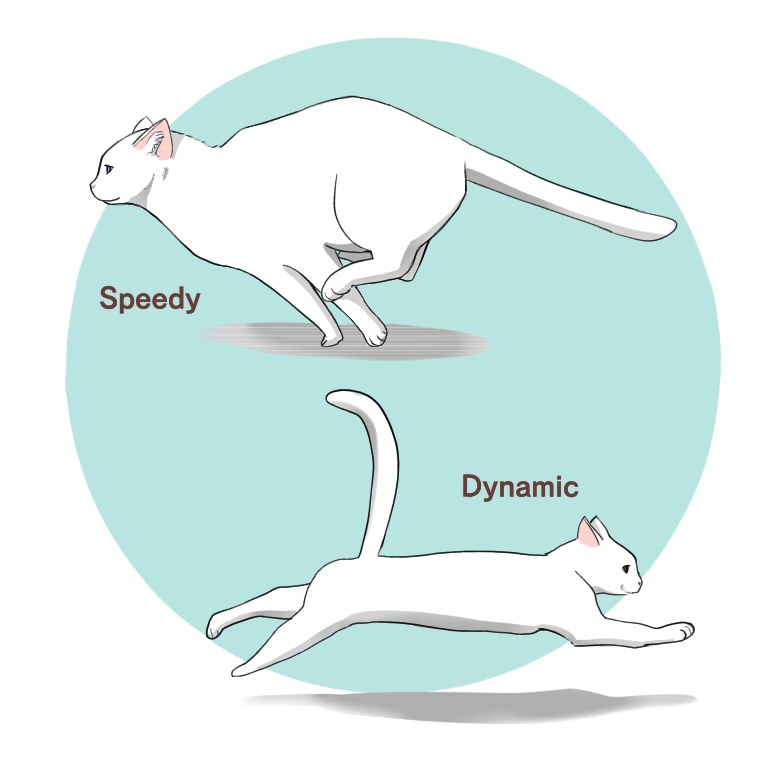
◆Jumping and complex poses
When the animal is jumping, such as when catching a Frisbee, keep in mind that it should be dynamic.
If the cat has long fur and ears, you can move the fur in the direction of its flight to create a sense of movement.
Cats have a very flexible body, so they can jump in various ways.
If you want to twist your body to fit the position and design of the target, it’s important to be aware of the skeletal structure I mentioned earlier.
Be aware of the direction in which the bones bend and twist in a direction that will not be unnatural.

3. Summary
When drawing a pose with movement, it’s important to keep the skeleton and muscles in mind, but deform it for design and dynamism.
First, try to get a basic shape by referring to real objects and photos to get the basic shape, then try deforming and studying the pose for a dynamic look.
\ We are accepting requests for articles on how to use /

